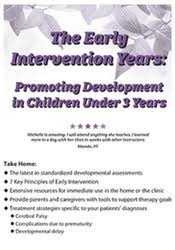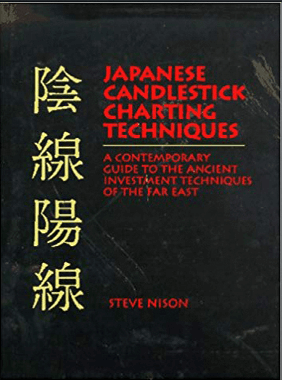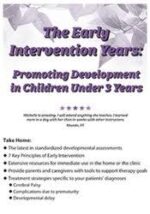The most current research can be a game-changer for therapists, teachers, and family resources personnel working with children suffering from mild to severe disabilities in the 0-3 age range.
Michelle Fryt Linehan – The Early Intervention Years
TYPICAL DEVELOPMENT OF CHILDREN
Information from 0-12 months from Amazing Babies
The “creeping” stage
Gross Motor Development and Manual Control 1-3 years
DEVELOPMENT OF THE 7 SENSORY SYSTEMS
Vision
Visual check list for children under 12 months of age
Touch/Somatosensory
Use of massage and “cultural awareness”
Smell/Olfactory
Taste/Gustation
Hearing/Auditory
Causes of hearing impairment
Tubes or no tubes
Proprioception
Vestibular
Vestibular stimulation
Testing Sensory Function in Infants
Specific Standardized Assessments
Month-Specific Sensory Motor Checklist from Pathways Awareness
Gravitational Insecurity Test for Children 2-5 years
MUSCULOSKELETAL CHANGES TAKING PLACE
Hip joint
Knee joint (genu varum, valgum)
Foot/ankle
DEVELOPMENT OF WALKING
Crucial Elements, postural control, IQ, FPA
Baby Walkers?
GATHERING INFORMATION
7 Key Principles of Early Intervention
What to do before, during, and after administering a screening
Perlman Development Screening Checklist
Pathways Awareness Information
Hawaii Early Learning Profile
PIQ – video of child using PIQ
Bly’s information
Assessment of Family Activities & Routines, Thomas Jefferson University (2009)
Canadian Occupational Performance Measure (COPM)
Goal Attainment Scaling
Mary Massery: Multi-System Analysis
Standardized developmental assessments
BSIDIII, PDMS-2, AIMS
LAB: Practice recording parent goals and establish strategies to work towards those goals (Example given from The Early Intervention Workbook.)
EVALUATING AND TREATING DEVELOPMENTAL DELAY AND PREMATURITY
Video of premie
Pathways Awareness video of typical and atypical development of 6-month old boys
Definition of prematurity; research related to prematurity
Evaluating motor skills in premature infants
Posture in positions; TIMP; Early Motor Questionnaire; GMs (video)
Treatment Strategies for Premature Infants and Infants with Delay
Perlman Center Evidence-Based Practice Ideas
Ideas from Dr. Minja Hadders-Algra
GAME (Goals, Activity, Motor Enrichment)
4 Ingredients for treating children with CP (Fetters)
Evidence-based practice: 2 systematic reviews
High-intensity PT for children under 2 years old
Predictors of independent walking in children with CP
Training Head Control in Infants: Group Experience!
Teach To Reach program
Gymboree Baby Play, Happiest Baby on Block, NDT-based activities
COPCA vs Traditional NDT-based PT – Early use of COPCA
Focus on Function RX ideas
Reading and Responding to Infant Cues
Getting to Know Your Baby
Understanding My Signals & Taking Care of Me
Early Coping Inventory (for children 4-36 months)
Ideas from Ginny Paleg at AACPDM conference
Equipment Use
Go Baby Go
Standers (for hip abduction as well) gait trainers/walkers
PWBS
Theratogs
Home-made devices
Case Study With Documentation Options
ICF-CY – electronic document
Case study: use of ICF-CY document, COPM, GAS
Would you like to receive Michelle Fryt Linehan – The Early Intervention Years ?
Description:
Promoting Development in Children Under 3 Years
The most current research can be a game-changer for therapists, teachers, and family resources personnel working with children suffering from mild to severe disabilities in the 0-3 age range. This recording will provide updated information on normal development, and how to spot even the most difficult to pinpoint signs of delay.
An in-depth description of the development of the sensory systems, (vision, touch, smell, taste, auditory, proprioception, and vestibular), will be given to maximize the assessment of a child’s motor, coping, and self-regulation strategies. Specific evidence-based treatment techniques for clinicians with patients who have complications related to prematurity, developmental delay, and cerebral palsy will be addressed. Videos, hands-on activities, and a case study will further evince the research and information shared in this critical recording.








